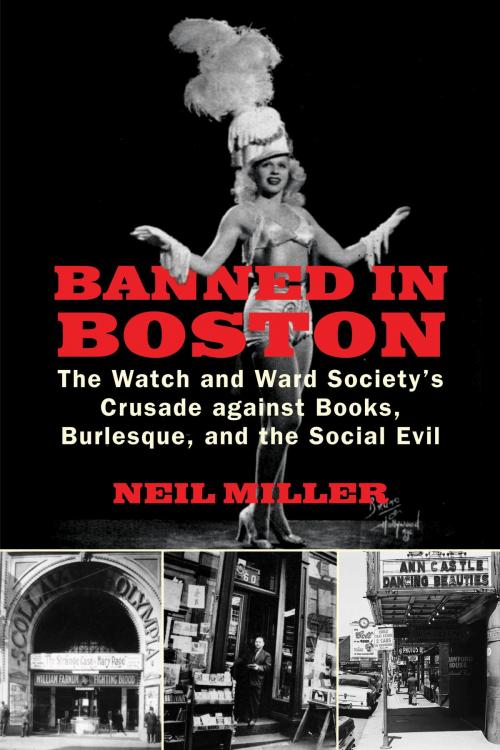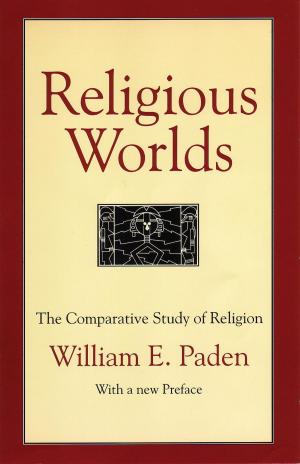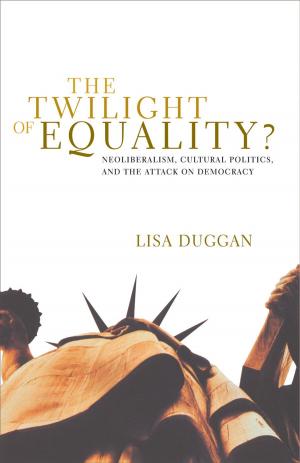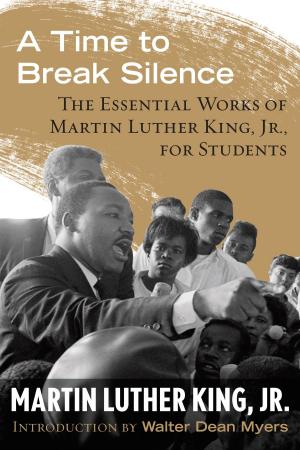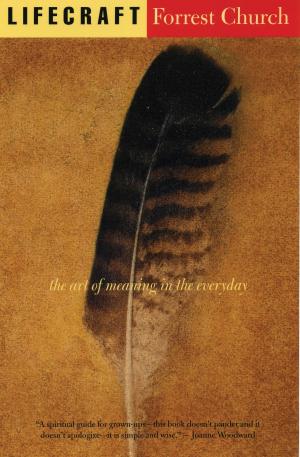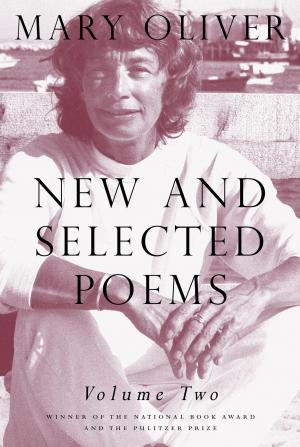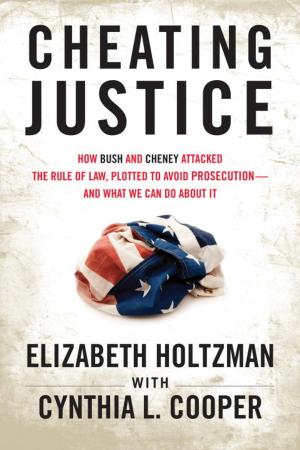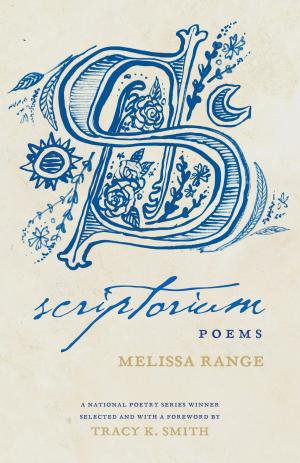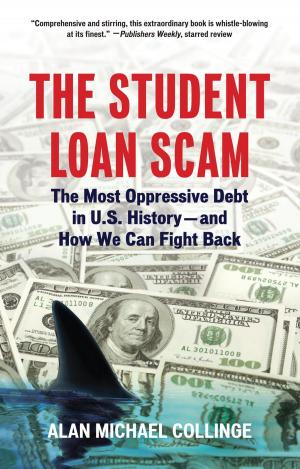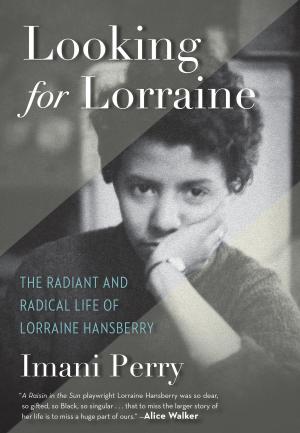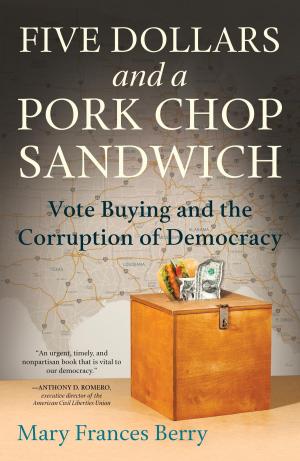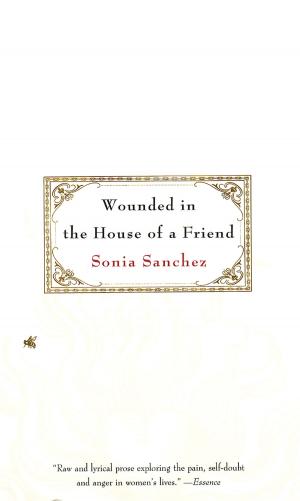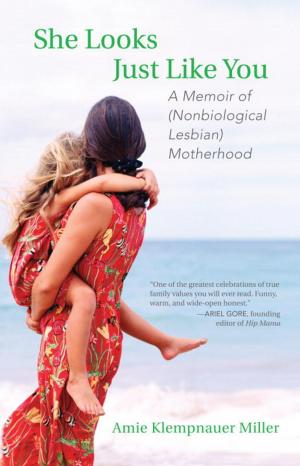Banned in Boston
The Watch and Ward Society's Crusade against Books, Burlesque, and the Social Evil
Nonfiction, History, Americas, United States, State & Local, Social & Cultural Studies, Political Science| Author: | Neil Miller | ISBN: | 9780807051139 |
| Publisher: | Beacon Press | Publication: | October 13, 2010 |
| Imprint: | Beacon Press | Language: | English |
| Author: | Neil Miller |
| ISBN: | 9780807051139 |
| Publisher: | Beacon Press |
| Publication: | October 13, 2010 |
| Imprint: | Beacon Press |
| Language: | English |
“I want to be intelligent, even if I do live in Boston.”
—an anonymous Bostonian, 1929
In this spectacular romp through the Puritan City, Neil Miller relates the scintillating story of how a powerful band of Brahmin moral crusaders helped make Boston the most straitlaced city in America, forever linked with the infamous catchphrase “Banned in Boston.”
Bankrolled by society’s upper crust, the New England Watch and Ward Society acted as a quasi-vigilante police force and notorious literary censor for over eighty years. Often going over the heads of local authorities, it orchestrated the mass censorship of books and plays, raided gambling dens and brothels, and utilized spies to entrap prostitutes and their patrons.
Miller deftly traces the growth of the Watch and Ward, from its formation in 1878 to its waning days in the 1950s. During its heyday, the society and its imitators banished modern classics by Hemingway, Faulkner, and Sinclair Lewis and went to war with publishing and literary giants such as Alfred A. Knopf and The Atlantic Monthly. To the chagrin of the Watch and Ward, some writers rode the national wave of publicity that accompanied the banning of their books. Upton Sinclair declared staunchly, “I would rather be banned in Boston than read anywhere else because when you are banned in Boston, you are read everywhere else.” Others faced extinction or tried to barter their way onto bookshelves, like Walt Whitman, who hesitantly removed lines from Leaves of Grass under the watchful eye of the Watch and Ward. As the Great Depression unfolded, the society shifted its focus from bookstores to burlesque, successfully shuttering the Old Howard, the city’s legendary theater that attracted patrons from T. S. Eliot to John F. Kennedy.
Banned in Boston is a lively history and, despite Boston’s “liberal” reputation today, a cautionary tale of the dangers caused by moral crusaders of all stripes.
“I want to be intelligent, even if I do live in Boston.”
—an anonymous Bostonian, 1929
In this spectacular romp through the Puritan City, Neil Miller relates the scintillating story of how a powerful band of Brahmin moral crusaders helped make Boston the most straitlaced city in America, forever linked with the infamous catchphrase “Banned in Boston.”
Bankrolled by society’s upper crust, the New England Watch and Ward Society acted as a quasi-vigilante police force and notorious literary censor for over eighty years. Often going over the heads of local authorities, it orchestrated the mass censorship of books and plays, raided gambling dens and brothels, and utilized spies to entrap prostitutes and their patrons.
Miller deftly traces the growth of the Watch and Ward, from its formation in 1878 to its waning days in the 1950s. During its heyday, the society and its imitators banished modern classics by Hemingway, Faulkner, and Sinclair Lewis and went to war with publishing and literary giants such as Alfred A. Knopf and The Atlantic Monthly. To the chagrin of the Watch and Ward, some writers rode the national wave of publicity that accompanied the banning of their books. Upton Sinclair declared staunchly, “I would rather be banned in Boston than read anywhere else because when you are banned in Boston, you are read everywhere else.” Others faced extinction or tried to barter their way onto bookshelves, like Walt Whitman, who hesitantly removed lines from Leaves of Grass under the watchful eye of the Watch and Ward. As the Great Depression unfolded, the society shifted its focus from bookstores to burlesque, successfully shuttering the Old Howard, the city’s legendary theater that attracted patrons from T. S. Eliot to John F. Kennedy.
Banned in Boston is a lively history and, despite Boston’s “liberal” reputation today, a cautionary tale of the dangers caused by moral crusaders of all stripes.
